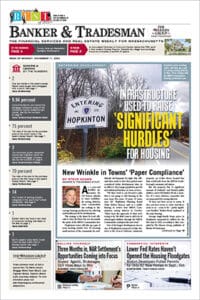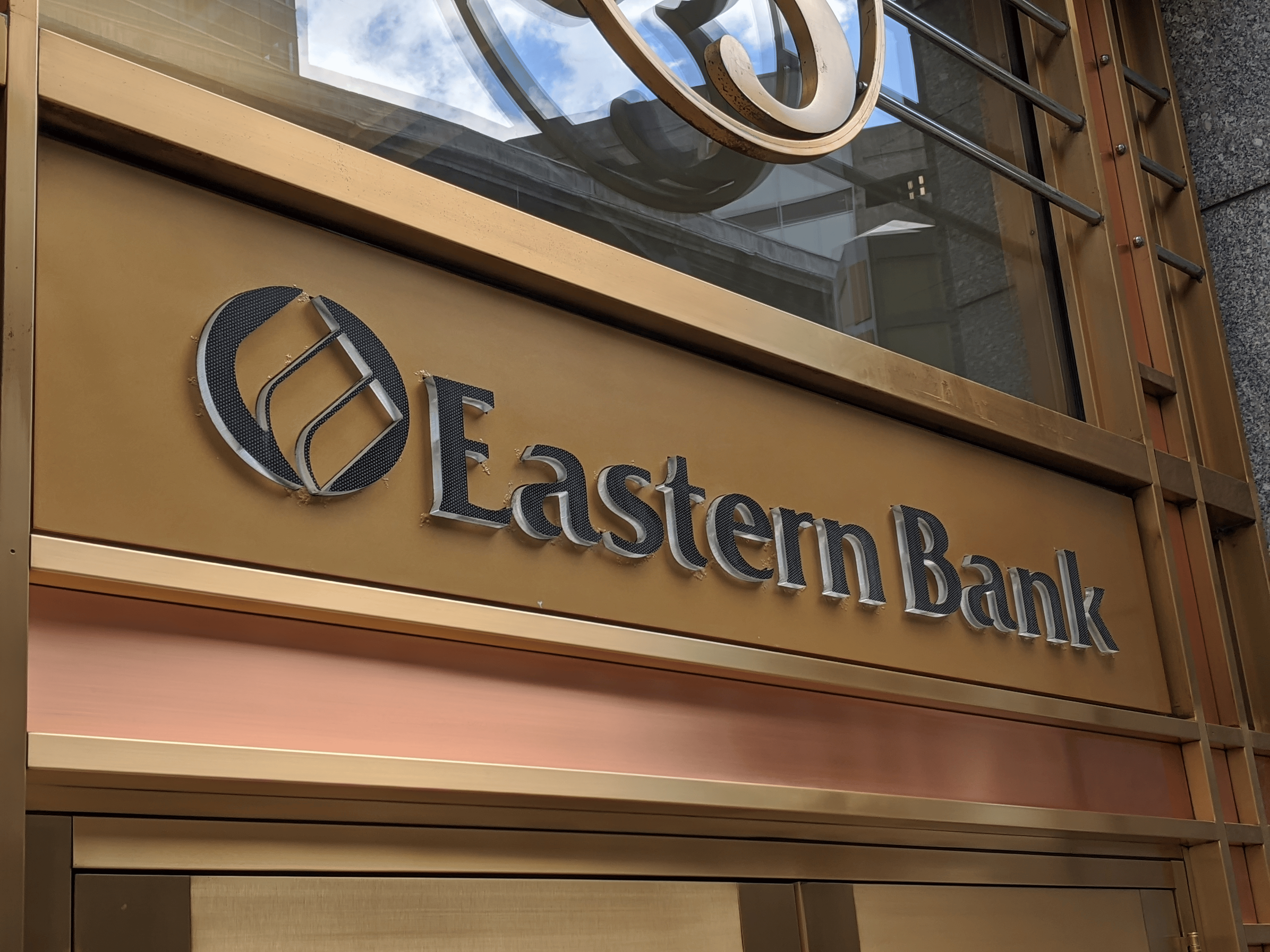Gov. Charlie Baker is asking state legislators to exempt multifamily housing developments from a proposed 10-town natural gas ban pilot program aimed at gathering data on how to shrink the real estate industry’s carbon footprint.
Buildings generate around 32 percent of the state’s greenhouse gas emissions, a large share of which is produced by single-family homes and residential buildings.
Baker made the request as he sent a sweeping clean energy and climate policy bill back to lawmakers Friday with amendments, putting major decisions on the legislative to-do list with only days remaining in the formal term.
Energy and Environmental Affairs Secretary Beth Card said in an interview the legislature’s bill contains several provisions “we believe would be challenging to implement and not the most efficient way to help us achieve our emission reduction goals and targets to reach a net-zero 2050 future.”
Baker’s counter-proposal seeks to use $750 million in American Rescue Plan Act funds to further invest in clean energy and called for tweaking how lawmakers would update the offshore wind procurement process, Card said.
A key portion of the legislature’s climate bill would impact the real estate industry: a proposal to let 10 towns and cities ban natural gas hookups in new construction, provided they had met housing production thresholds.
Real estate industry trade groups strongly opposed an earlier version of the ban, which did not include housing production requirements, but commercial development trade association NAIOP-MA said it still had “significant concerns” about the bill. The group said the cost of all-electric heating and air conditioning systems and change orders could force up the cost of new housing units built under an all-electric construction mandate, and questioned whether the gas ban proposal would drive up energy costs for tenants.
Research produced by the state Department of Energy Resources in February as part of efforts to develop a new stretch energy code showed small single-family, large single-family and small multifamily buildings could be significantly cheaper to build and own or operate if designed from the ground up with all electric building systems.
Baker’s counter-proposal, outlined in a letter to lawmakers Friday afternoon, would expand an exemption for lab and medical buildings to include multifamily developments, as well. In addition, the governor is asking legislators to delay the pilot project’s start until “the electrical grid has enough clean energy capacity to ensure the electrification has the intended emission reduction benefit.
State Sen. Mike Barrett, the pilot program’s chief author and the Senate chair of the Committee on Energy, told Banker & Tradesman earlier this month that he believes the demonstration program is necessary to create “conservative, private-sector proofs” of electrification strategies.
““We’re essentially testing all-electric construction before rolling it out to a wider area,” he said at the time.
Baker’s move puts pressure on legislators to act on his proposal before the end of Sunday, when formal legislative sessions end and action on most substantive bills is typically supposed to cease.
“I am returning this bill in a timely manner in hopes of reaching a successful compromise with the legislature soon,” Baker’s letter said.
State House News Service staff writer Chris Lisinski contributed to this report







